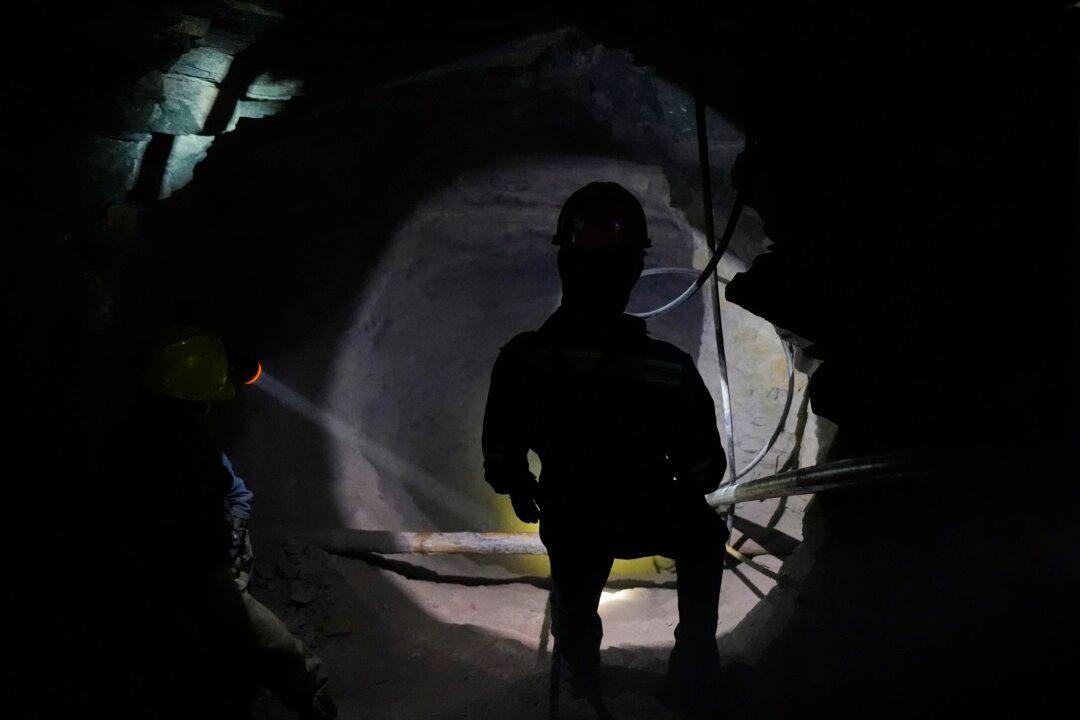B.C. says there is evidence a state actor was behind cyberattacks on the provincial government in April and early May.
Public Safety Minister Mike Farnworth told reporters on May 10 that the attempt to breach government systems bore “the hallmarks of a state actor or a state-sponsored actor.”





